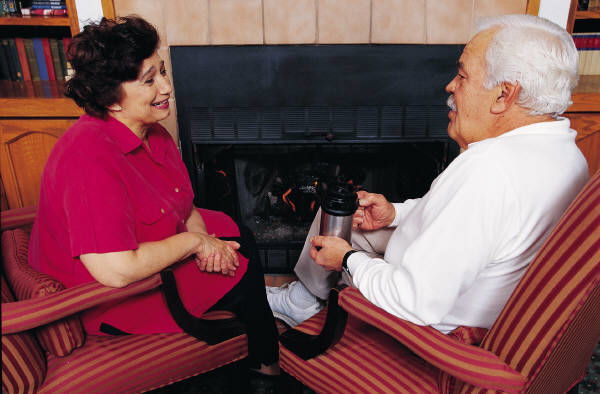Tag: Long Term Care

You’ve no doubt heard about assisted living and nursing home care, but there are many other long-term care options available. An article by U.S. News & World Report provides an introduction to the types of care now available. You can read the full article here. Adult Day Care Adult day care offers relief to family caregivers […]

Filial Responsibility Laws, also known as Filial Support Laws, are relatively unknown. More than half of US states (including Puerto Rico) could hold adult children financially responsible for their parents’ long-term care. If your parents live in one of the following states, you could be held legally responsible for their healthcare: Alaska, Arkansas, California, Connecticut, […]

“If you’re helping an aging parent navigate Medicaid because they don’t have long-term care insurance or you think you’ll need it yourself someday, it’s important to understand how the program works.” Medicaid is a government program that helps seniors and others pay for long term care. However, it’s not always free, explains the article “What […]

“If you’re helping an aging parent navigate Medicaid because they don’t have long-term care insurance or you think you’ll need it yourself someday, it’s important to understand how the program works.” Medicaid is a government program used by Americans to pay for nursing home and long-term care. The Medicaid Estate Recovery Program (MERP) is used […]

No one wants a nursing home but the longer we live, the higher the chance we may need a nursing home at the end of life.” Nursing home care is expensive, costing between $12,000 to $20,000 per month, so most seniors should do all they can to prepare for this possibility. According to a recent […]

“Obviously, the first step is to work with your doctor to slow the progression. However, there are legal steps you need to take as quickly as possible.” A diagnosis of Alzheimer’s or any serious progressive disease takes some time to absorb. However, during the days and weeks after the diagnosis, it is important to take […]

“Second (or third or fourth) marriages often require careful balancing between the needs of the surviving spouse and the needs of the children from a previous marriage.” It takes a certain kind of courage to embark on second, third or even fourth marriages, even when there are no children from prior marriages. Regardless of how […]

“A revocable trust is great for many reasons, but it does NOT protect assets from nursing home expenses.” The question raised in the article “Fact or Fiction: I Can Protect My Assets from a Nursing Home with a Revocable Trust” from New Hampshire Business Review is frequency asked, and the reason for it is understandable. […]

“If family members are anxious about each other, sometimes it seems it might be easier if they simply joined households. This is not just due to COVID-19.” Not that long ago, multigenerational living was how most people lived. Since people are living longer, it may become the norm again. In times of crisis like these, […]

“States can differ dramatically when it comes to long term care regarding availability, quality, government benefits, retirement communities and cost.” What if your parents live in Oklahoma, you live in Nebraska and your brothers and sisters live in New York and California? Having the important conversation with your aging parents about what the future might […]










